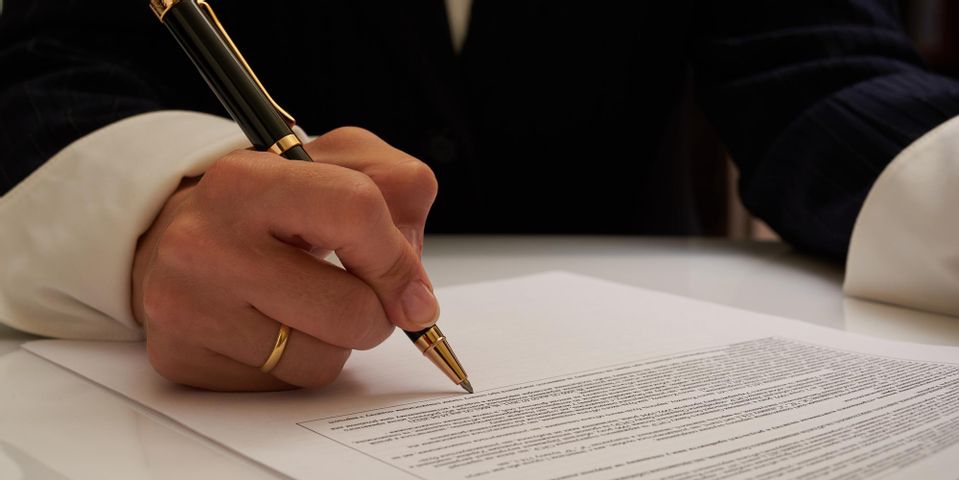
When you pass away, the wishes you held for your estate and your surviving loved ones will be carried out by the documents you prepared. However, your will alone doesn’t have the power to establish its terms—it must go through probate, during which the court authenticates the document and sees that all loose ends are tied off. If you’re unfamiliar with the details of this process, you can learn more by reviewing the answers on wills and probate below.
What You Should Know About Will & Probate
What is probate?
Once you pass away, the will you drafted with an estate planning attorney must enter probate. This is to ensure that the document wasn’t falsified for the interests of any beneficiaries, and that all the wishes were yours.
It also involves paying off debts and taxes you might have owed, including the estate tax that follows every death. This process can take weeks or months, delaying the distribution of assets to your loved ones.
Why is probate necessary?
 While the process may be long and winding, it’s important to ensure that every family member and friend receives what you intended them to. If you were in debt, probate is also crucial for hashing out details with your creditors.
While the process may be long and winding, it’s important to ensure that every family member and friend receives what you intended them to. If you were in debt, probate is also crucial for hashing out details with your creditors.
Since you’re no longer around to settle everything, the court will take over repaying your debts and tax obligations, so that those who are owed money are satisfied before those waiting on inheritances.
Can I avoid probate?
In some cases, you may be able to avoid the process, getting your assets to their designated beneficiaries shortly after you die. This is important for time-sensitive situations, such as the care of minors, pets, or disabled individuals.
For example, trusts aren’t required to go through the probate process. If you want to ensure that your pet’s new guardian has the funds to take them to the vet, purchase their food, and have them groomed, you can put this money into a trust. This way, the new owner immediately receives what they need to give your dog the best possible care.
Does property need to go through probate?
If your property is only mentioned in your will, it will need to go through the probate process before being transferred to a new owner. However, you can keep it out of probate by setting up transfer-on-death designations. These clauses are connected to the property deed, and they state that once you pass, the property should be immediately transferred to another person—such as a business partner or spouse.
If you have additional questions about wills and probate, turn to Cronin Skilton & Skilton, P.L.L.C. They have locations in both Charles City and Nashua, IA, and they will be happy to offer time-tested guidance on estate planning. In addition, these civil attorneys work on bankruptcy, personal injury, and contract law cases. To learn more about their practice areas, visit the website. To schedule a consultation in Charles City, call (641) 228-3318, or reach Nashua at (641) 435-2462.
About the Business
Have a question? Ask the experts!
Send your question

